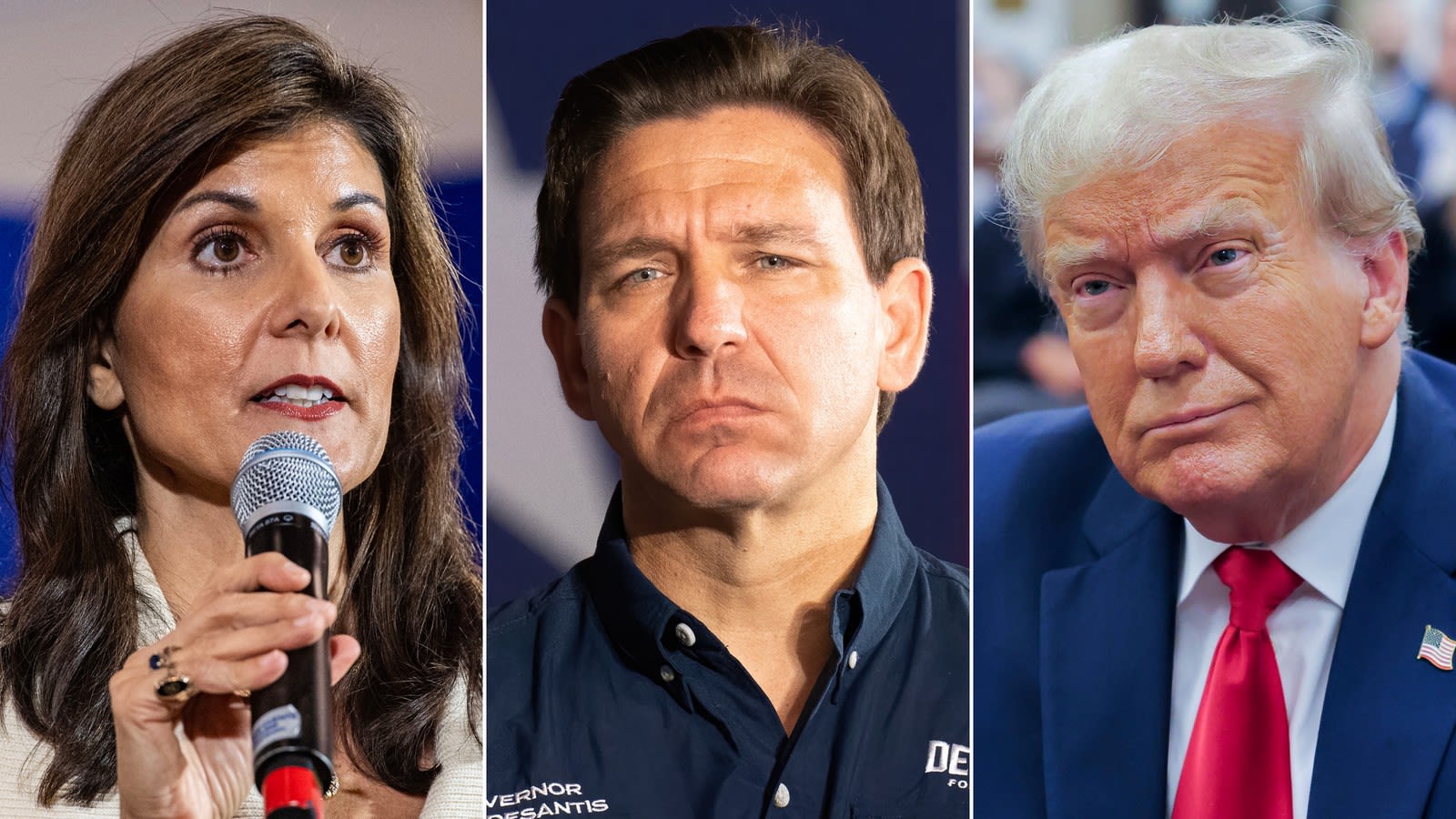As the Iowa caucuses draw near, Republican front-runner Donald Trump faces escalating attacks from his primary rivals, Florida Governor Ron DeSantis and former South Carolina Governor Nikki Haley. Despite their accusations of dishonesty, fear of debates, and ineffective presidency, neither candidate has dared to confront Trump on his most significant liability: his attack on American democracy.
While their silence may seem like a political misstep, it is a strategic move considering Trump’s firm grip on the GOP, which has only strengthened since his departure from Washington. His disruptive persona, refusal to adhere to traditional political rules, and popularity among GOP voters have solidified his influence within the party.
Trump’s power is further reinforced by his base’s apparent disinterest in holding him accountable for his anti-democratic behavior, including his supporters’ attack on the US Capitol. His dominance shields him from the consequences of his actions, making it politically challenging for rivals to criticize him without alienating his supporters.
As Trump faces a series of court obligations and potential setbacks in his cases, he continues to challenge political constraints. His recent appeal against Maine’s decision to remove him from the ballot over the 14th Amendment’s ban on “insurrectionists” follows a similar decision by the Colorado Supreme Court. Both cases are likely to reach the US Supreme Court.
DeSantis and Haley continue to search for ways to challenge Trump without alienating his supporters. DeSantis criticized Trump for refusing to commit to a CNN debate, while Haley dismissed Trump’s attacks on her as lies. However, neither candidate has addressed Trump’s anti-democratic actions.
As the GOP nominating race begins, Haley and DeSantis have turned their attacks on each other, reflecting their need to emerge as the clear alternative to Trump. Observers believe they are competing for second place in a nationwide contest.
Trump’s potential nomination would mark a remarkable political comeback, despite his actions posing a significant threat to US democracy. His continued dominance among Republicans reflects a deep divide in political and factual perception across America.
While Democrats and the media focus on the potential consequences of a second Trump term, GOP voters show little interest in holding Trump accountable for the events at the end of his presidency. This lack of interest has shaped the behavior of top GOP leaders in Washington.
Recent polls show that Republican voters are becoming even less interested in holding Trump accountable for the storming of the Capitol. The majority of Republicans believe it’s time to move on, reflecting a significant disconnect between the political world and the rest of the country.
Trump’s strategy of capitalizing on his multiple indictments and portraying those jailed over the attack as political prisoners appears to be working. However, he may not receive the same leniency in a general election.
President Joe Biden, facing low poll numbers and concerns about his age, is building his reelection campaign around the claim that Trump and “MAGA Republican extremists” pose a significant threat to democracy. Whether this strategy will be enough to secure Biden a second term remains unclear.
Among the GOP, there is no constituency for attacking Trump on this issue. The only candidate openly criticizing Trump as a threat to US values is Chris Christie, who has little traction outside of New Hampshire.
As the race for the 2024 GOP nomination heats up, the inability of Haley and DeSantis to address Trump’s impact on American history raises questions about their motivations for running and whether Trump was always unbeatable in this race.

